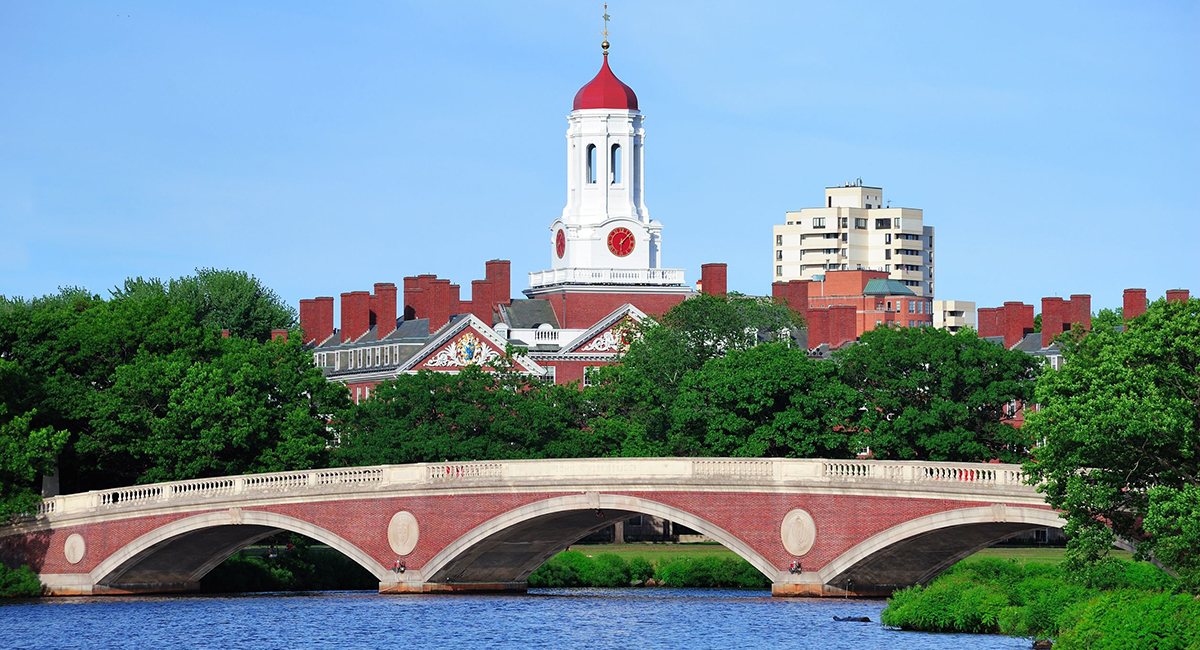The first 24 years of the 21st century have been the era of Woke Supremacy in our institutions of higher learning. Universities have downplayed traditional academic standards and expectations while becoming centers for promoting ideologies centered around combatting perceived injustices, especially condemning perceived racist behavior while showing increasing contempt for the post-Enlightenment collegiate ideal of free expression of ideas. “Social justice” seems to be replacing “academic excellence” and the “searching for truth and discovery” on many college campuses. Whole new terms have arisen to describe 21st-century campus life, like “trigger warnings,” “DEI” (diversity, equity, and inclusion), “cancel culture” and “self-censorship.”
A huge problem has arisen with emerging woke supremacy on campus: Public support for colleges is plummeting, most obviously manifested by a sustained decline in enrollments. Moreover, as anger over campus wokeness rises to a new crescendo in the wake of the Hamas invasion in Israel, more ominous things have started happening—most notably, multiple billionaire benefactors of the nation’s richest elite universities have announced that they are going to stop donating.
A secondary threat came as politicians at the state level, previously largely content to leave subsidized universities alone, are demanding more supervision of deplorable campus behavior. No wonder we have increasingly pessimistic assessments of the condition of American higher education. Recently, Fitch issued its 2024 mostly negative outlook, indicating that the flight to quality in college admissions is continuing, noting that “some regional public institutions and less-selective private schools...may see continued softness in demand.”
Meanwhile, some private schools are booming—mostly because they are decidedly anti-woke and are not mired by such despicable behaviors as students rioting and shouting down distinguished campus guests or engaging in anti-Semitic demonstrations. There has been a surge in applications and enrollments at very conservative, traditional Catholic schools. I started to notice the trend a year or so ago when, in the midst of generally falling church enrollment, I began seeing a few college students attending mass in my college town of Athens, Ohio. This year the number has grown exponentially, and it is not unusual to see a double-digit number of undergraduates at 8:30 a.m. Sunday mass where overall attendance is under 100.
I know one of the group of avid Ohio University churchgoers, Henry Taylor, and he confirmed that students have bonded closely, even traveling long distances to attend more traditional Latin masses. So I was not too surprised to read a story in the Campus Fix on soaring enrollment in the more traditional Catholic colleges, schools like Belmont Abbey (North Carolina), the University of Mary (North Dakota), or Franciscan University of Steubenville (Ohio), where daily masses are so crowded they are standing room only. Faithful Catholics who read of drag shows being held at elite Notre Dame (drawing condemnation from the local Catholic bishop) may be steering their kids to schools maintaining centuries-long traditional values.
It is not just Catholics—evangelical and other conservative Protestant denominations started the trend decades ago (e.g. Liberty or Regent universities). Very conservative Brigham Young, the Harvard of Mormon higher education, seems to be booming as well despite its condemnations of promiscuous and nonconventional sexual behavior. By contrast, my university, fairly typically, practically drops condoms out of airplanes over campus to facilitate, if not explicitly encourage, student sexual activity. Traditional Christian schools with a conservative political orientation like Hillsdale College and Grove City College seem to be mostly thriving, unlike many other liberal arts schools.
Other factors are at work. Businesses, who until recently seemed curiously uninvolved in the training of their future leaders, are waking up. They are becoming less rigid about degree requirements for positions, something that led to excessive credential inflation. Do you really need a master’s in janitorial science to mop floors or a bachelor’s in chemistry to mix drinks in an upscale bar? Meanwhile, prestigious large law firms, whose newly hired associates often make upwards of $200,000 annually, are saying, “We will not interview or hire students involved in violent anti-Semitic campus demonstrations.”
In short, after a lag of a decade, the Real World of productive Americans is catching on to the antics of academics and installing some discipline. There is more work to be done: For example, DEI apparatchiks need to be defanged and defunded. Colleges accepting unqualified students just to collect tuition fees (usually federally funded) should face real consequences when many fail to complete schooling—they should have skin in the game.
In a real-guard action, woke extremists will probably try to use accreditation to maintain leftish behavioral norms. “You cannot scale down or eliminate your DEI office because it shows a lack of commitment to equity and inclusion of the disadvantaged” or similar arguments. (The solution: simply end accreditation as we know it today, a subject for another epistle.) But the counterrevolution is beginning on American college campuses.













